Political Economy of Watershed Management: Policies, Institutions, Implementation and Livelihood
Drawing upon extensive research in various parts of Andhra Pradesh state in southern India, the present work attempts to assess the impact of the watershed development on rural livelihoods. In the process, the study takes comprehensive look at various aspects of watershed development and management: the policy environment, institutional evolution, implementation modalities, and the impacts. The overarching issues in this regard are the linkages between watershed development and rural livelihoods, the nature of impact of watershed development, and distribution of benefits on the livelihoods of different sections of the community, sustainability of the benefits, and so on. As a result of its findings, the study indicates policy interventions for sustainable livelihoods through watershed development.
Get it now and save 10%
BECOME A MEMBER
-
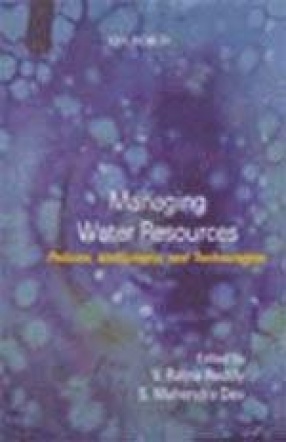
Managing Water Resources: Policies, Institutions and Technologies
-

Changing Contours of Asian Agriculture: Policies, Performance and Challenges
-
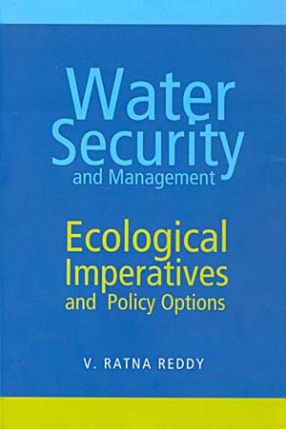
Water Security and Management: Ecological Imperatives and Policy Options
-
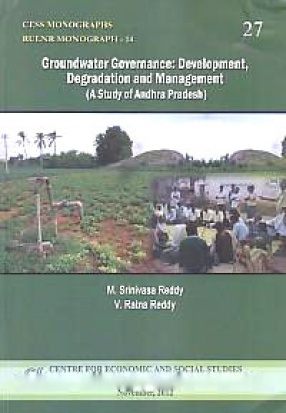
Groundwater Governance: Development, Degradation and Management: A Study of Andhra Pradesh
-
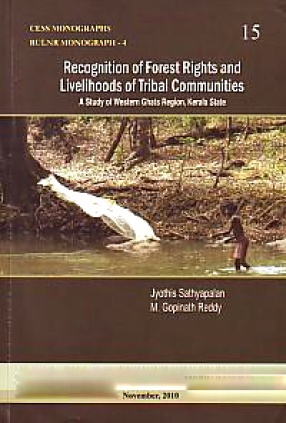
Recognition of Forest Rights and Livelihoods of Tribal Communities: A Case Study of Western Ghats Region, Kerala State
-
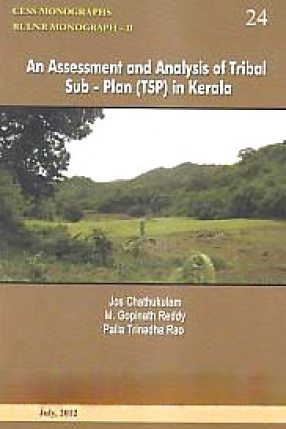
An Assessment and Analysis of Tribal Sub-Plan (TSP) in Kerala
-
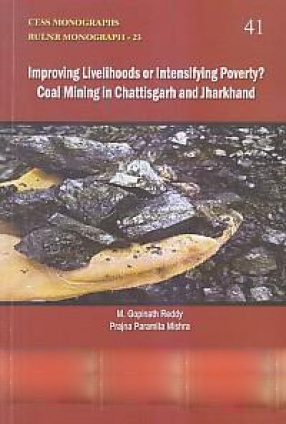
Improving Livelihoods or Intensifying Poverty: Coal Mining in Chhattisgarh and Jharkhand
-

Life Cycle Assessment of Second Generation Bioethanol From Sorghum and Pearl Millet Feedstocks

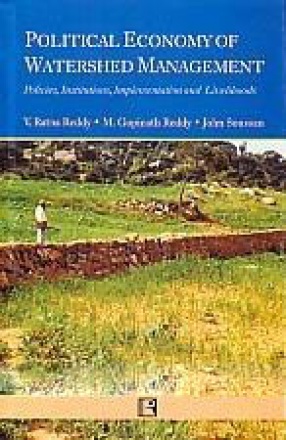



Bibliographic information
M. Gopinath Reddy
John Soussan